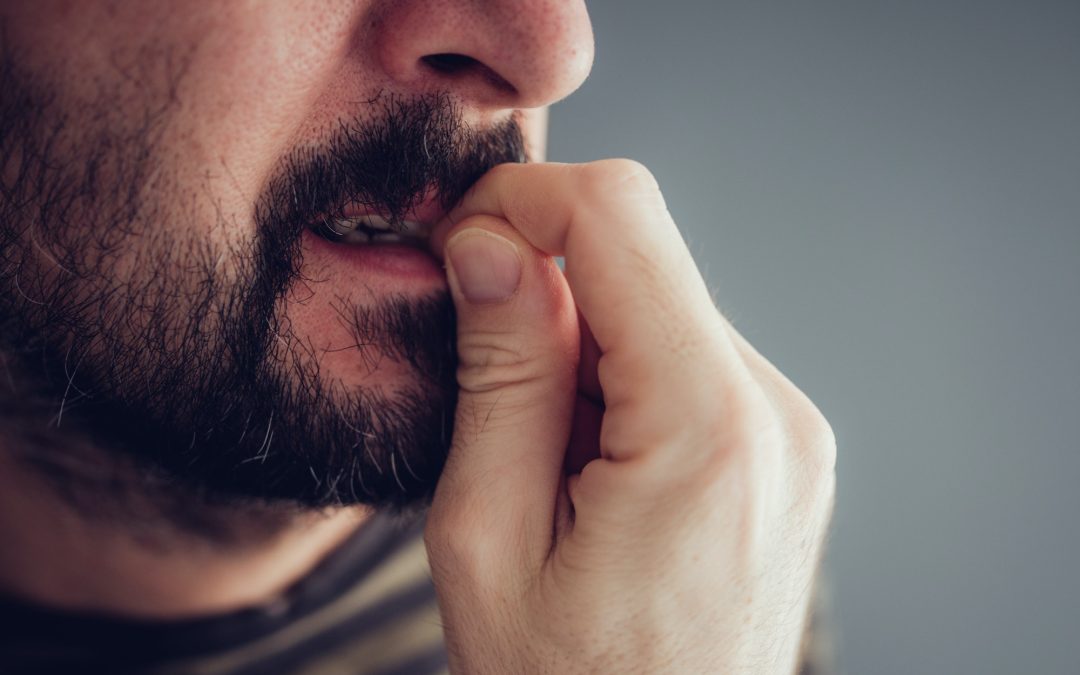We know that high blood pressure increases your risk of heart disease, but does high blood pressure change your behavior?
High blood pressure (hypertension) is a significant risk factor for cardiovascular disease. However, according to a new study in General Psychiatry, hypertension may affect more than your heart.
In fact, their results suggest that diastolic blood pressure (the bottom number in your readings) may have a causal effect on neuroticism. As a result, you may experience anxiety and mood disorders.
Neuroticism Explained
 The researchers of this study wanted to analyze the effects of blood pressure on neuroticism. According to David Tzall, Psy.D., a licensed psychologist not involved in the study, neuroticism refers to various parts of a personality.
The researchers of this study wanted to analyze the effects of blood pressure on neuroticism. According to David Tzall, Psy.D., a licensed psychologist not involved in the study, neuroticism refers to various parts of a personality.
“Those with higher scores of neuroticism are likely to be more sensitive to their emotions or situations, worry a disproportionate amount to a situation, and have high rates of anxiety,” Tzall explains. “While some people may view neuroticism as negative, it is neither good nor bad. Neuroticism has many adaptive qualities and can be of great use to someone. It is viewed with a negative perception, but this is not accurate.”
However, people with a neurotic personality type may be more prone to mood changes and negative emotions. In addition, neuroticism may be a risk factor for anxiety disorders, schizophrenia, and mood disorders.
Blood Pressure and Neuroticism
According to the study results, diastolic blood pressure has a “genetic causal effect on neuroticism.” Based on their results, the researchers note that “appropriate management of BP may reduce neuroticism, neuroticism-inducing mood disorders, and cardiovascular diseases.”
However, the researchers did acknowledge the possibility of bias in their results regarding psychological characteristics affecting blood pressure characteristics. In other words, more research is necessary to help us understand the relationship between mental health and blood pressure.
“The specific causal relationship between DBP [diastolic blood pressure] and neuroticism is a bit difficult to tease out. As the authors note, neuroticism is a complex trait, and studying it independently from anxiety and depression may produce bias,” explains Dr. Melody Hermel, a cardiologist with United Medical Doctors in Southern California who was not involved in the study. “In the era of machine learning, one might consider an advanced analysis clustering features of anxiety-based disorders to better understand their relationship with hypertension.”
Maintaining Healthy Blood Pressure
 While more research is necessary, keeping your blood pressure levels in a healthy range is always a good idea. According to Dr. Jim Liu, a cardiologist at The Ohio State University Wexner Medical Center who was not involved in the study, the first step in managing your levels is to monitor them.
While more research is necessary, keeping your blood pressure levels in a healthy range is always a good idea. According to Dr. Jim Liu, a cardiologist at The Ohio State University Wexner Medical Center who was not involved in the study, the first step in managing your levels is to monitor them.
“If blood pressure is high, lifestyle measures are usually recommended, such as weight loss, adhering to a low sodium diet, and exercising,” says Liu. “If blood pressure medications are necessary, it’s important to take these as instructed and to maintain regular follow-up with healthcare [professionals].”
In addition, you can give your blood pressure health an extra boost by taking L-arginine Plus. As a heart health supplement, its ingredients support circulation, blood pressure, cholesterol, and more. Give your health the help it needs by managing your blood pressure and taking L-arginine Plus.

